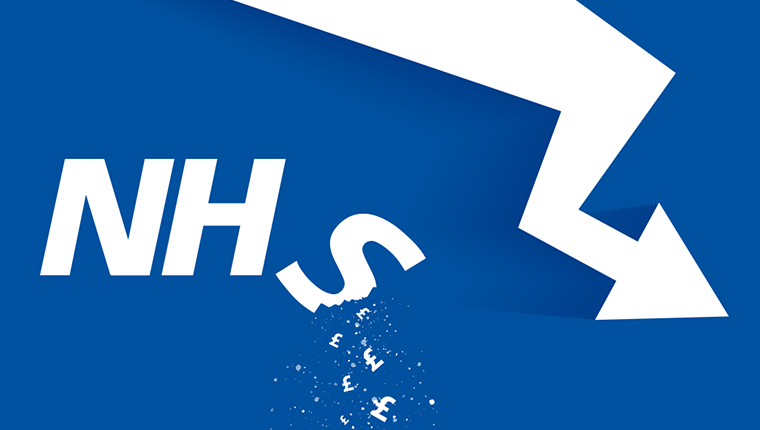Head of Dental at UNW accountants, Mike Blenkharn, explores how the current economic crisis will affect NHS dental practices.
With the cost-of-living crisis and its effect on households widely publicised, you could be forgiven for overlooking the way it affects businesses. However, the impact is as real for businesses as it is for individuals. Take fertilizer plants for example, two of the largest in the UK have recently closed due to rising energy costs meaning it is no longer financially feasible for them to produce fertilizer. This doesn’t just affect those businesses though, as the impact on the agricultural sector is enormous.
Moving from fertilizer to fillings, and dental practices. Many private practice clients of mine have had to implement price increases to battle the relentless push from inflation. To maintain a margin to make a living, they are unfortunately having to pass on these increases to their patients. But what can NHS practices do?
NHS principals simply do not have the ability to pass on increasing costs to the end user. Yet they are suffering the same type of increases that private practices are suffering. Where does that leave NHS practice profitability? The answer is, diminishing. It doesn’t take a genius to realise that with a capped income and increasing costs, profits are disappearing. There is the annual NHS contract adjustment applied every year, but as it’s applied retrospectively, it doesn’t help practice owners right now.
As my profession is based on numbers, let’s look at how inflationary increases affect the bottom line, and more importantly, remaining cash for an NHS principal. The following numbers are based on a sole trader NHS practice that has a £500k GDS contract. I’ve assumed it’s a recent purchase and therefore the cost to buy the practice was £890k (being 178% of the turnover – based on recent NASDAL goodwill data).
The practice was bought with a loan, which funded 90% of the purchase price. The benchmark ‘line in the sand’ is based on the 2020 NASDAL benchmarking statistics. I’ve deliberately not used the most recent data as this is skewed by Covid lockdown.
| NASDAL – 2020 benchmark | Uplift to current costs – 10% inflation | |||||||
| Costs as a % of turnover | ||||||||
| Materials | 6.6% | 7.3% | ||||||
| Lab fees | 6.1% | 6.7% | ||||||
| Employee costs | 21.7% | 23.9% | ||||||
| Other overhead expenditure | 14.2% | 15.6% | ||||||
| Net profit margin – overall | 27.8% | 22.9% | ||||||
| £ | £ | |||||||
| Net profit of example practice | 139,000 | 114,700 | ||||||
| Less: | ||||||||
| Annual loan repayments (capital element) | (37,000) | (37,000) | ||||||
| Tax | (54,000) | (42,000) | ||||||
| Remaining cash available to draw | 48,000 | 35,700 | ||||||
| Reduction in drawings capability | (12,300) | |||||||
As you can see, the cash available for the principal to draw has reduced by more than 25%. Their own earnings from the practice to fund their personal mortgage, house running costs, food, etc has reduced from £48,000 down to just below £36,000. That’s over £1,000 per month less income to deal with increasing costs in respect of mortgage interest rates, energy, food and fuel. With the level of support provided by the NHS during COVID, some practices were able to save significant sums of cash, which may help them weather this storm.
What can they do to combat this? There’s plenty of advice out there to follow in respect of getting the best energy deals, and generally negotiating better prices from suppliers. Some principals may be able to increase their workload and reduce reliance on associates, thereby reducing the associate fees. Although this is a short-term fix, the long-term impact of potentially losing an associate to another practice may outweigh the initial savings. Ultimately, there’s only one thing NHS practices can do, and this is to reduce outgoings, as they don’t have the luxury of charging patients more for NHS treatment.
In the longer term, they may consider converting to private practice. This would reduce their exposure to risk and give a more solid basis for business going forward.
About Mike
Mike Blenkharn is a Chartered Certified Accountant and Head of Dental at UNW LLP and has over ten years’ experience in working with dental professionals. He has overall responsibility for more than 300 practice clients and is actively involved in advising clients in respect of accounts, practice purchases/sales and restructuring.
